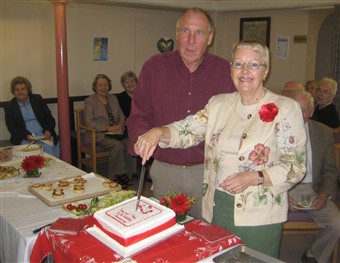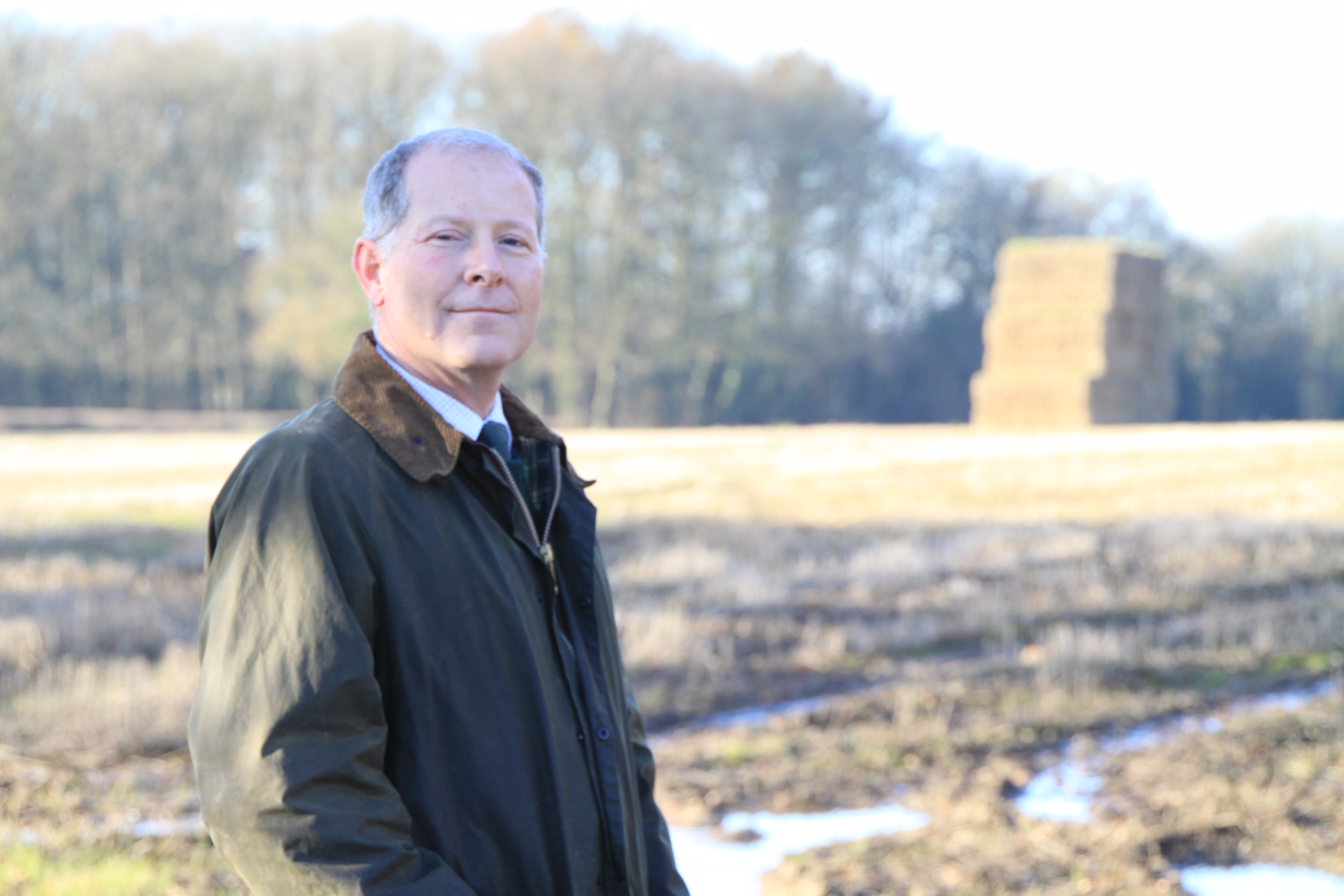The Big Question
Every issue of Baptists Together we will pose a question that is pertinent to our shared life together, publish a collection of responses before inviting readers to continue the conversation online
With more than 400 of our churches in rural settings (and many more ministering to those in rural contexts), we asked this:
"We are a small rural church, what is our purpose, and how can we really make a difference to our community? Any ideas welcome!"
Below are four responses:
Sue Seeley, Minister of Neatishead Baptist Church, Norfolk

“Don't forget to be as well as do”
The purpose of any church is to put Christ first; all else flows from that. But there are distinctives about being small and rural. In a village there may be only one pub, school, shop, WI - meaning people are more likely to know each other. So the life of your church and individual Christians is more visible.
We do summer prayer walks, offering prayer (if they wish) by a note through doors. We stand on street corners and pray, while others back at the church pray for the walkers.
Support a local charity with some of your fundraising efforts - we support the Nancy Oldfield Trust, which provides sailing for the disabled. Being small helps people quickly feel part of your church, whether or not they attend on any regular basis. Ensure there's a warm welcome for all who come in - simple but so effective.
Have a regular lively column in the parish magazine. Being a Foodbank collection point shows care for those in need. But go the extra mile - buy the food you donate from your village shop and you're supporting two local enterprises at once! One key test is "Would our community be the poorer if we were not here?" And don't forget to "be" as well as "do", join at least one community group.
 Simon Mattholie, Baptist Minister and CEO of Rural Ministries, a rural mission agency
Simon Mattholie, Baptist Minister and CEO of Rural Ministries, a rural mission agency
“It is better as a small church to do one thing and do it well”
To begin to understand your purpose as a church you need to do a lot of listening. Listening to God through prayer and scripture, listening to one another, listening beyond the church through census data, community interviews and conversations, and finally listening to contemporary culture before attempting to share the Christian faith within it.
A key question I would be asking through all of this is; ‘in light of who we are and where we are, what is God calling us to do?’ As you listen to one another, look for key skills, hobbies and life experiences that could be used to build community links.
We live in a consumerist culture, and the temptation may be to do a bit of everything; it is better as a small church to do one thing and do it well, than to try many and do each badly!
Become aware of community flows, i.e. what your place looks like at different times of the day, such as school collection times, season working patterns, tourists etc. Pick just one of these, and match it against the skills and abilities you have as a congregation in terms of opportunities to bless, fellowship and meet something of the felt needs.
Jon Pyper, the husband of Val, the minister of Kimble Free Church in Bucks
“Find fresh ways to reach people to break down preconceptions”

The aim of a rural church is no different to that of any church and that is to bring people into a relationship with our Lord Jesus. However, in a rural environment, surrounded by fields and with no passing trade, we have to approach things in a slightly different way.
We produce a light-hearted, fun monthly newsletter that we distribute to every house in the village. We also work hard at putting on events to cater for different age groups. Do we get loads of people at these regular events? The answer is often ‘no’ and that can be somewhat demoralizing BUT it is a fact in many rural churches. We have to work hard to get the results!
There is more. We have a ‘Chatty Church’ with crafts, videos and puppets and an emphasis to get people ‘chatting’ about Christianity rather than just being ‘preached’ to. There have also been bigger events.
Robin J Trebilcock in his book ‘The small Church at large’ says, “Small is not beautiful. Big is not beautiful. Size and resources have nothing to do with the real beauty of a church. The beauty of the church lies in its willingness to learn and adapt its way so that it will reach the community and give as many people possible the experience of Jesus Christ.”
And that’s what we aim to do – to find fresh ways to reach people to break down preconceptions and to show others that our Church is a place of security and safety. We want to show God’s love practically and spiritually to our local community and to the wider world.
Jerry Marshall, CEO of the Arthur Rank Centre, a Christian charity serving rural churches and their communities
 “The starting point is agreeing your purpose”
“The starting point is agreeing your purpose”
There is no one answer but we do have a free toolkit that should help lead to a right answer for your unique situation. We also offer a programme called ‘Creative leadership in the Rural Church’, which equips leaders to answer this very question and turn it into action.
The starting point is agreeing your purpose. As someone who planted and led a rural church for many years, I believe this is around being Christ for the community we serve, and through this, drawing people into a relationship with Jesus, leading them on from being a friend to a follower to a disciple.
The next stage is an appraisal of your community and congregation: gaining an understanding of the most acute needs, the resources in the local church and potential partnerships; and then thinking through what might be a realistic approach. We have a ‘toolkit’ for this at http://www.arthurrankcentre.org.uk/publications-and-resources/profiling-tools .
The Arthur Rank Centre serves rural churches by providing a vast range of other resources online, covering worship, discipleship, evangelism, buildings, community engagement and examples of good practice. See www.arthurrankcentre.org.uk and click ‘Are you involved in a rural church?’ for a summary, including links to this toolkit and our evangelism training resource for small rural churches.